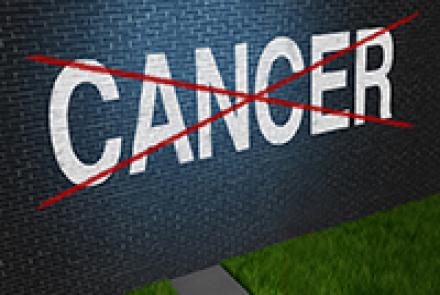
Breast cancer is the commonest cancer of urban Indian women and surgery is often an important step in treating breast cancer. In an interview, Dr. Rucha Kaushik, Consultant Breast Cancer Surgeon, Hinduja Hospital, answers your unanswered questions about breast cancer surgery procedures, options and challenges.
A biopsy is typically done to diagnose breast cancer. Are there different types of biopsies?
Yes, there are different types of biopsies done to diagnose breast cancer. Most commonly used one is Core needle biopsy where 14g /16g wide bore needle inserted under local anaesthesia inside the tumour to take out small piece of tumour. Procedure is usually painless and carried out in the clinic and patient can walk out comfortably after the procedure. Final Report usually takes 3-4 days
Other types of biopsies are stereotactic vacuum assisted biopsies, incision biopsy and excision biopsy
Fibrocystic breast disease is a benign (noncancerous) condition in which the breasts feel lumpy. Is surgery recommended for it?
Fibrocystic breast disease does not need surgery.
What is a titanium marker and are there any risks associated with them?
Titanium markers usually put at the site of tumour during biopsy in those tumours which needs chemotherapy prior to surgery. So that if tumour shrinks or disappear marker will be the guide for original site of tumour. Usually there is no risk associated with titanium markers.
What are different options for surgery for breast cancer?
The type of surgery depends on the stage and extent of breast cancer. Now with newer advances for early breast cancer patients we are offering breast conservation surgery i.e. removal of the lump or tumour only along with removal of few armpit lymph nodes. In very few cases mastectomy i.e. removal of breast is done. This is often accompanied by plastic surgery/ breast reconstruction.
When do you discuss breast reconstruction surgery with the patient?
Breast reconstruction option is discussed with each and every suitable candidate who requires mastectomy. There are multiple breast reconstructive options like silicone implants or reconstruction of new breast using patients own body tissue like LD flap, DIEP flap.
Read: Breast Reconstruction - all your questions answered
What are treatment options of Stage IV breast cancer?
In stage 4 patient’s treatment is given for palliation and control of the disease in the form of injection or oral drug therapy. Surgery if only done as palliation if tumour is bleeding or ulcerated.
Who is at highest risk for lymphedema after surgery?
Patients who has undergone complete axillary dissection during surgery are at high risk of developing lymphedema
Read: Prevention and Treatment of Lymphedema
Many women diagnosed with breast cancer in one breast are choosing to have the other healthy breast removed too. Is it medically recommended?
Opting for removal of normal breast in one sided breast cancer patients is totally patient’s choice but we routinely do not recommend prophylactic surgery. Rather regular clinical examination and radiological assessment is recommended.
What are the things one can do to lower risks of breast cancer?
- Have a healthy and active lifestyle.
- Do not gain weight.
- Do not ignore any lump in the breast.
- Get yourself checked by the breast specialist doctor in case of any doubt.
















